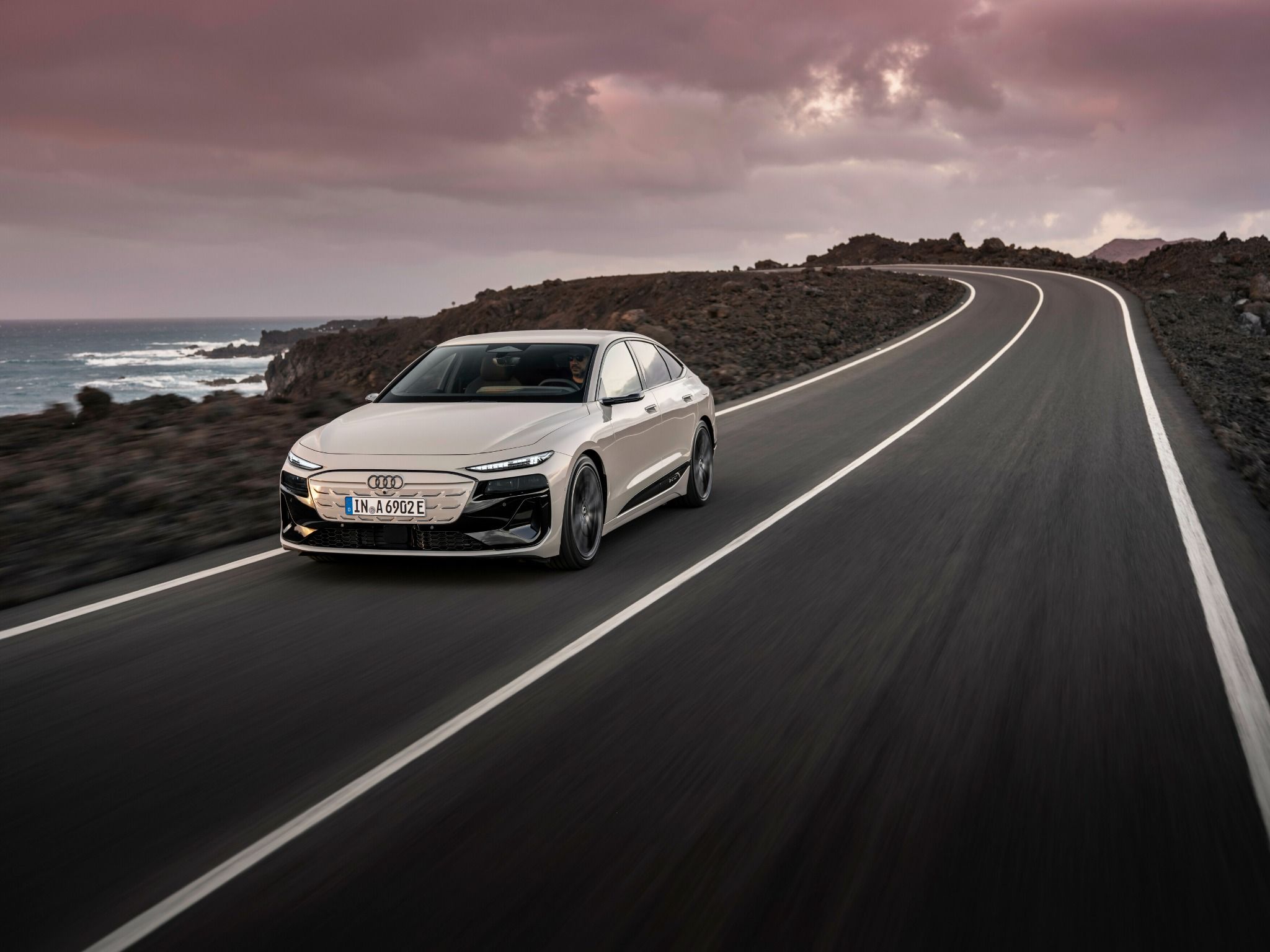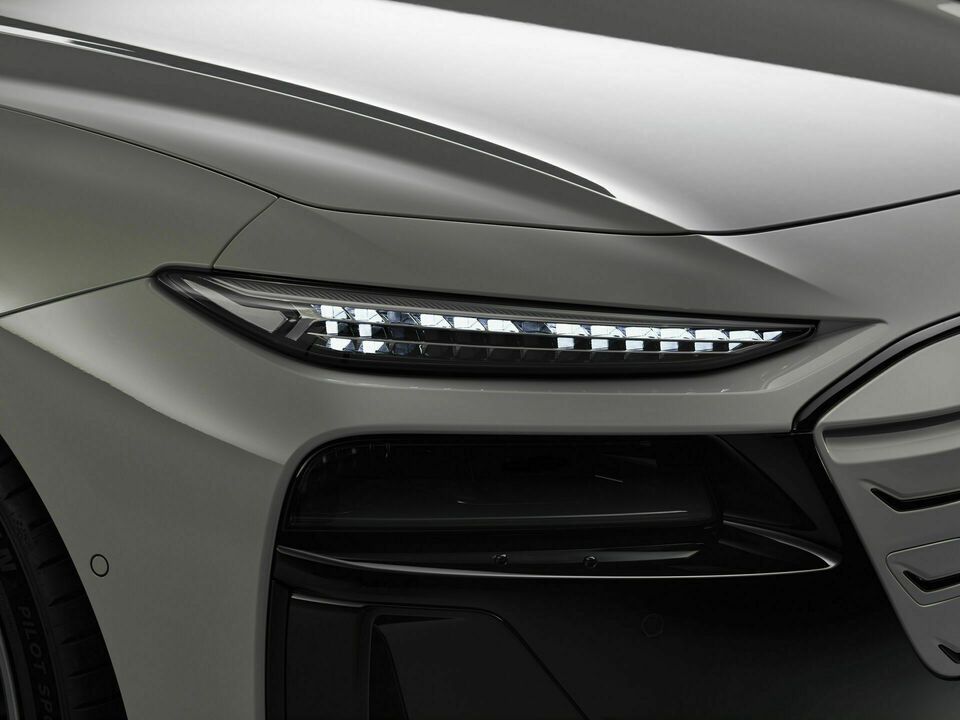We all know that the electric car market is growing massively each year and with the discontinuation of manufacturing ICE cars by all brands by 2035, it’s a reality check for us all. This means that all vehicle manufacturers have begun the process of manufacturing fully electric cars, but what does this mean for the vehicle naming system? We’re taking a look at Audi, who have what is arguably the most confusing electric vehicle naming strategy of all - do these numbers mean it’s an ICE vehicle or an electric vehicle? We’re breaking down the facts to make it as simple as possible for consumers (especially avid fans) to understand.
The history behind Audi’s vehicle naming conventions
Audi’s naming conventions have adapted and evolved alongside their range of cars for many years. If we look back as far as the 1960s, Audi’s vehicles were named after the engine displacement - an example of this was the Audi 100, which had a power output of 100 PS (74 kW). Moving forward to the 1990s, Audi decided on a new naming convention for their cars after the introduction of the sport version of its vehicles - the letter ‘A’ was chosen for the base models and ‘S’ for the sports or performance models. Audi eventually launched the A series in 1994, which followed from A3 through to A8. These cars were named after their evolution from small and simple to larger, more luxurious vehicles.
Audi eventually chose the name ‘RS’ for its sporty, high-performance models and are an iconic model that are regularly seen on the road. After this, The ‘Q’ series was introduced to the market as Audi’s SUV model, which varied in size and luxury. Finally, after the introduction of the A8 saloon, Audi opted for two numbers to represent the power output, alongside the model and engine type.
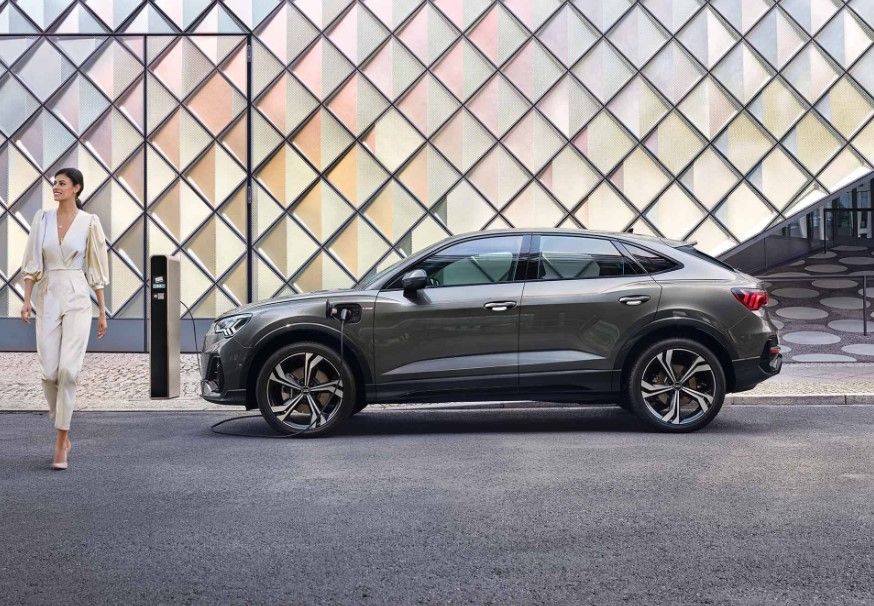
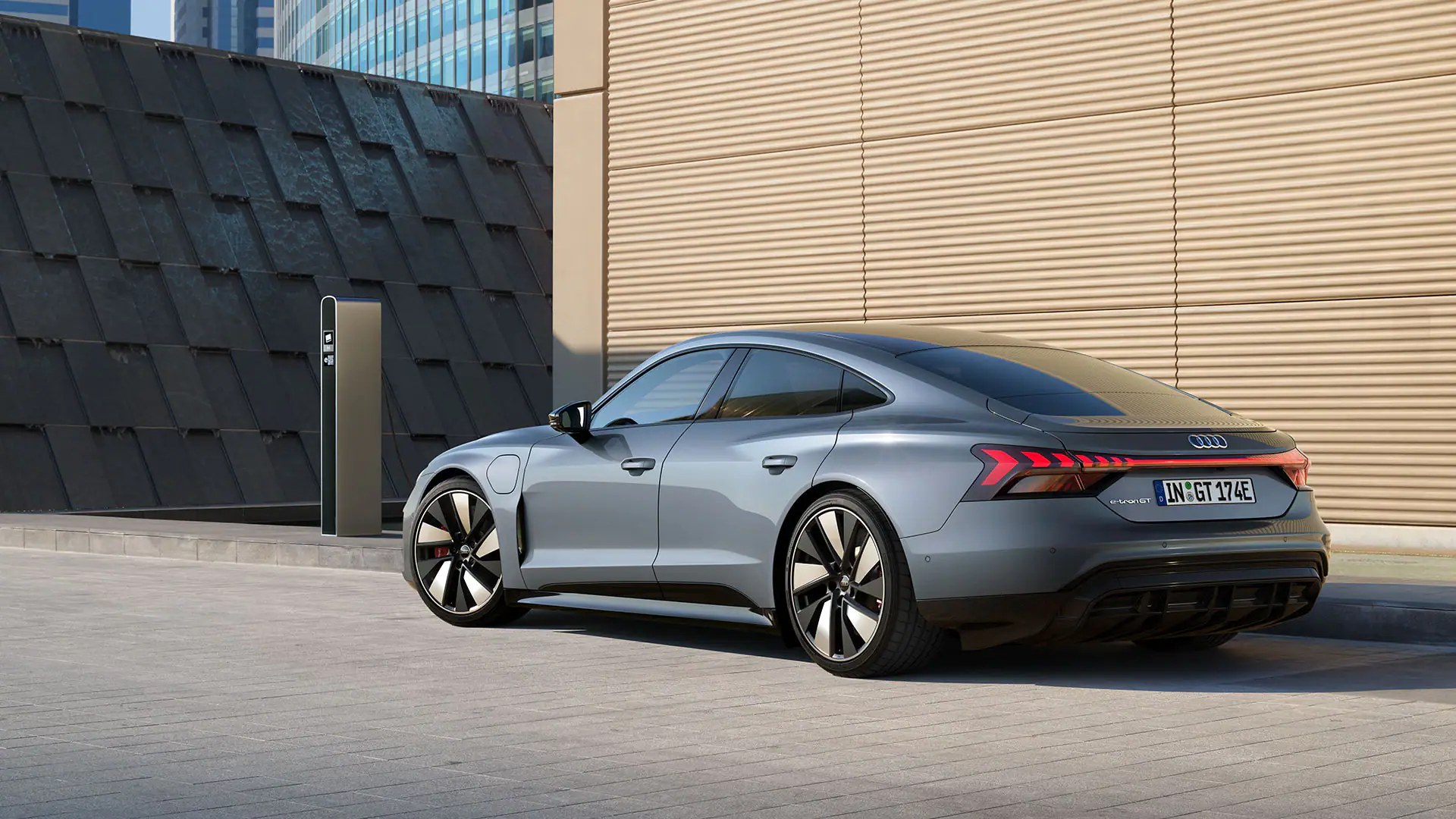
Audi’s naming system is fairly simple, once you break it down to all of its elements. The introduction of electric cars confuses this a little bit more. All of the electric cars are called e-tron as standard but as EVs become more prominent, how are Audi going to differentiate their ICE cars from their electric?
The new naming conventions for Audi’s electric vehicles
As we move into an all-electric future, it’s easy to get lost in the sea of new vehicle variants and terminology that are already hitting the market. Audi has set out to put this confusion to rest - by setting up a system of odd and even numbers to help identify their ICE and electric cars. Their electric cars will have an even number assigned to them. Successors of the original ICE vehicles will be assigned an odd number. As an example, the Q4 is an e-tron model and the Q5 is an ICE model.
As the all-electric agenda evolves, there will be no production of the ICE as we know them today - only the next generation vehicles of models that already exist. There may be some initial growing pains for this scheme - for example, the 2022 A8 which was given a mid-cycle refresh, will remain as the Audi A8, even though it has ICE models on the market. The transition will be anything but simple, especially for those who are Audi loyalists. The A4 is one of Audi’s many vehicles that is being phased out and discontinued as the drive to become a more sustainable world continues. If you’re looking at a trusty A4, you may instead be directed towards an Audi A5, which now combines both the A4 and A5 into one vehicle, offering both saloon and estate variations.
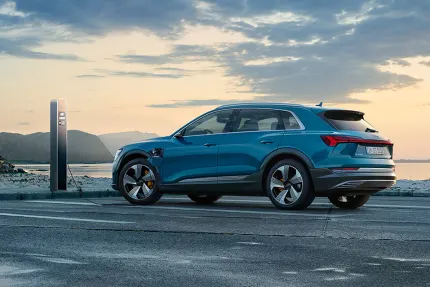

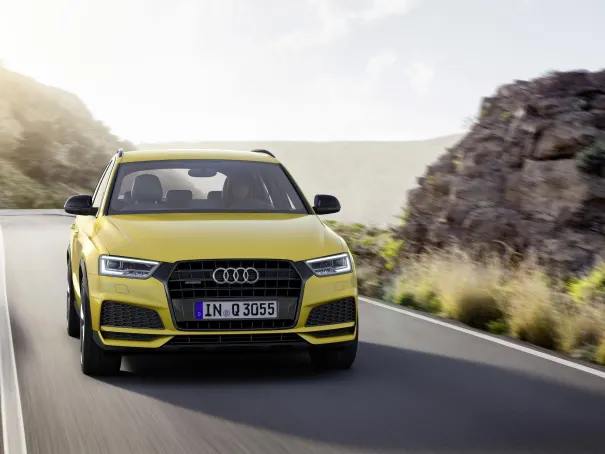
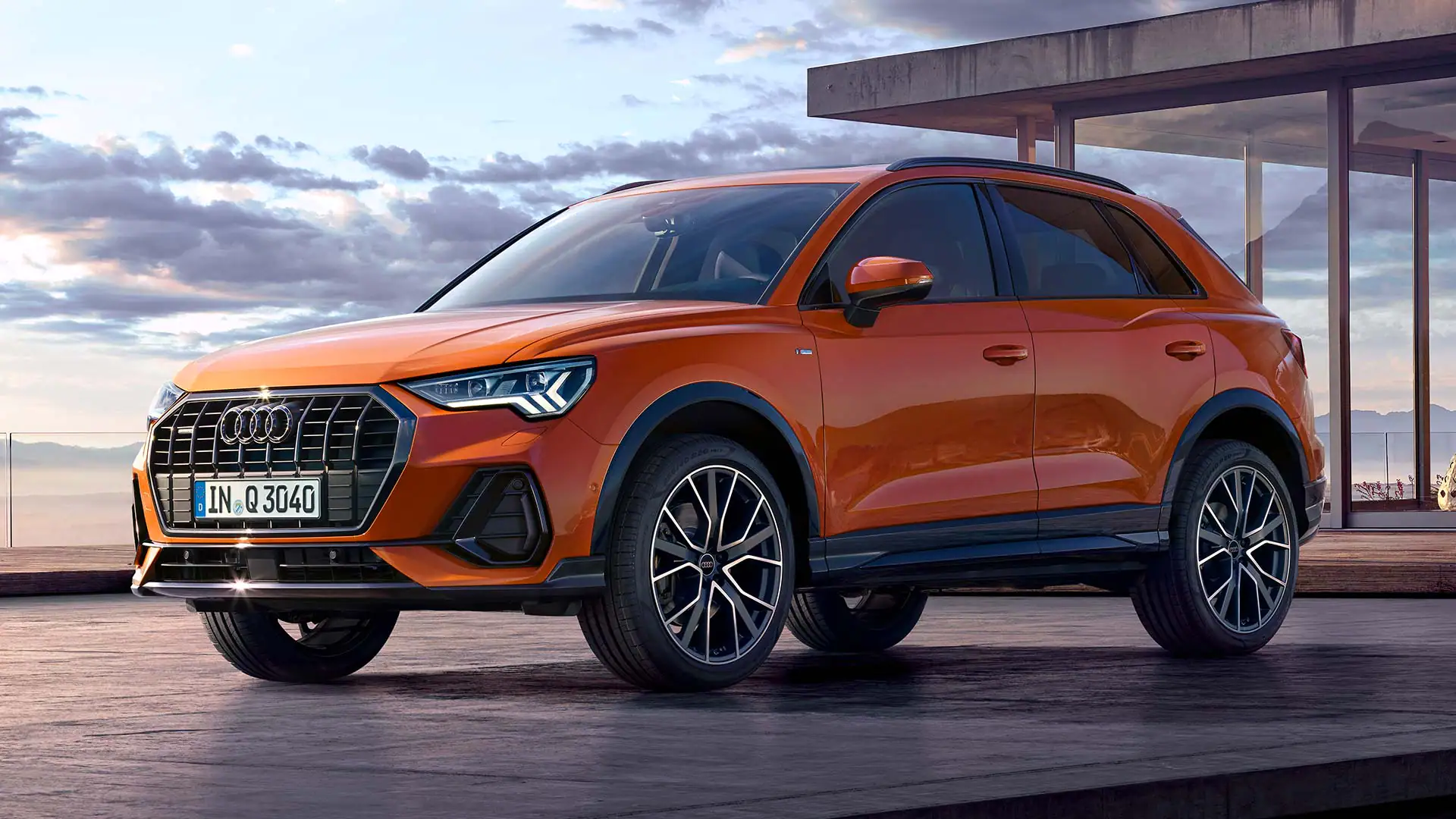

The future of Audi vehicles
Although the naming strategy for Audi is more than confusing, (especially when you compare it to the likes of BMW, who have removed the ‘i’ from all of their vehicles to reserve it for their electric cars), fans of the brand can expect to see more on the electric car market where Audi is concerned. From 2020, Audi have released the following vehicles:
- Audi A3 (8Y) (2020 - present)
- Audi e-tron GT (2020 - present)
- Audi Q4 e-tron (2021 - present)
- Audi Q5 TFSI e (2022 - present)
- Audi Q6 (2022 - present)
- Audi Q6 e-tron (2024 - present)
- Audi A5 (2024 - present)
- Audi A6 e-tron (2024 - present)
Up and coming Audi models include:
- S6 e-tron (2024)
- Audi RS4 Avant 25 Years (2024)
- Audi RS e-tron GT (2024)
- Audi A7 Avant (2024)
- Audi Grand Sphere - A8 replacement (2025)
- Audi Active Sphere (2025)
Whilst there are some exciting developments happening behind the scenes at Audi, it may leave some fans concerned - what’s going to happen to their beloved vehicles' names? Whilst there are still a lot of questions to be answered, we can rest assured that Audi are on the right path to introducing their cars to the electric market and once they have established themselves in that market, we’ll all be used to the Audi we know and love - it may just take a little bit of getting used to!

Browse the range of Audi’s new and used vehicles today
It’s an exciting time for the electric car market and with so much planned with Audi, there’s bound to be something out there for even the most loyal of Audi customers. Browse through our used Audi vehicles or if you fancy treating yourself, take a look at the range of new Audi vehicles we have available. If you’re unsure what you're looking for or would like more information about one of the vehicles you see on our website, don’t hesitate to get in touch with one of our team and we’d be happy to help you.


